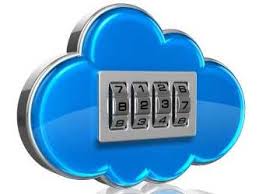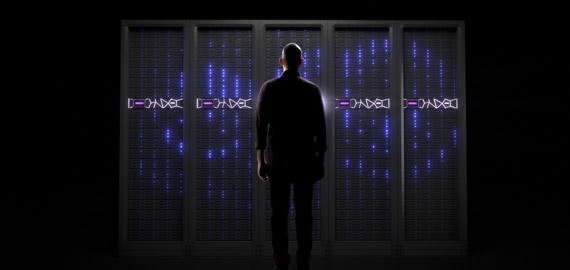Imagine going into the office where you may have a window view one day, and the next day you’re sitting next to the men’s toilet trying not to inhale each time the door opens.
Mobile or “hot” desks have been, well, hotly popular in recent times. Major tech vendors including Google, IBM, HP, and Microsoft in Singapore no longer assign work desks to their employees, who instead plonk themselves down on the next available hot desk, power up their laptop, log into the office Wi-Fi, and start chugging away. When the work day ends, they unhook their notebook, clear the desk to ensure they leave no DNA–I mean, dirt–behind for the next occupant, and return to the office the next day to start the whole cycle again.
Hot desks were once set aside typically for the company’s most mobile, such as the sales and accounts servicing folks, while employees in HR, finance, and operations would still have assigned work desks that remained solely theirs. These were almost always distinguishable by the stacks of old paperwork and family photos lining the cubicles.
But, as more and more services are pushed to the cloud, organizations are pushing more and more of their staff out of static cubicles, adopting an office environment that’s completely mobile and comprising hot desks.
A recent report by real-estate services firm Jones Lang Lasalle (JLL), titled titled “Asia Offices 2020”, predicted that the region’s business hubs including Hong Kong, Shanghai, Singapore, Sydney, and Tokyo would transform into open, efficient and collaborative working environments. “Cloud computing will help companies appease the younger generation and accelerate change by increasing on-demand access to work-related data and information, and supporting the new wave of collaboration tools [including social media, video conferencing, and shared electronic workspaces],” JLL said in a CNBC report.
Rajiv Nagrath, JLL Australia’s director of corporate solutions, added that cloud computing facilitates the use of big data to improve productivity and removes the need to store information at the workplace, including data on paper documents and local servers.
By moving to the cloud, organizations can slash their costs because they no longer need to cool physical servers and ensure there’s backup power. Nagrath said: “Cloud will make the office environment freer and less built-up as staff embrace mobility and office hardware is limited only to user interfaces, which access the cloud mainly using wireless technologies.”
With this backdrop, the physical work environment then becomes a catalyst for the exchange of ideas rather than storage space for records, JLL said.
Sounds great, doesn’t it? This picture, though, overlooks key considerations in core infrastructure and corporate culture, particularly in the Asian region.
The more things you put in the cloud, the bigger your dependence on robust web connectivity and broadband consumption. This can be an issue in some Asia markets where internet connection remains shoddy and power grid unstable.
And those roving hot desks don’t always end up serving their main purpose. An employee in one such environment related how he would leave a bulky item on a preferred desk, so few would be willing to move it to use that table and he would end up sitting on the same one every day. Another described how co-workers in the same team would end up sitting in the same cluster of desks so it would be easier to communicate with one another.
In several Asian corporate cultures, bosses want to see their employees in the office and hard at work at their respective desks. A fluid hot desk configuration makes it tougher to track their whereabouts and call on them for assistance. Senior executives and managers would also have a mouthful to say about having to hunt for their own desk each day, instead of a posh walled office.
Sure, operating cloud-run workplaces can save corporations money, but it shouldn’t just be about slashing costs. Organizations still need to be mindful about corporate cultures and staff well-being. Not every employee will be happy to go into an office where they have to share a desk and have no permanent space to call their own. Where else can they keep their drinking cups and personal stash of stationery?













